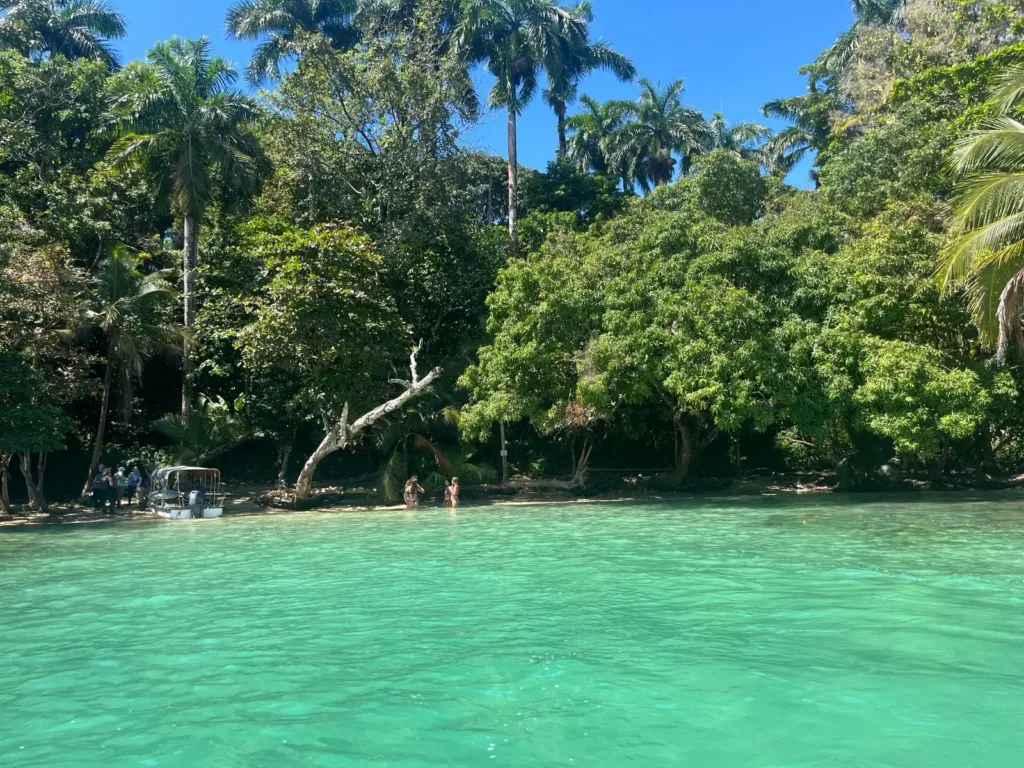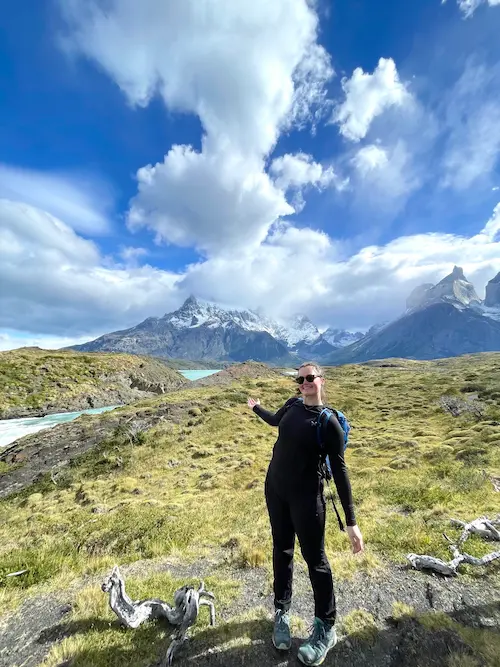When the Dots Become Connected
It’s difficult to describe how I feel about my time spent collecting data for my directed research project in Prek Toal. I feel amazing, incredible, overwhelmed by love for the place and the people and the work that I am doing—but that doesn’t quite cover or do the experience justice—because it smooths over all the bumps and even the sharply painful spikes that underlie the beauty.
My research project is investigating the current status of environmental education for local community members in Prek Toal: who is doing it, how is it being done, who is it reaching, and what the community’s knowledge and value of the environment is like. My method is to simply ask questions. I have interviewed a variety of stakeholders, from teachers to Ministry of Environment rangers to village chiefs to whoever we float up to in the village (a.k.a. all our boat driver’s friends, we think). This is the part I am definitively most grateful for: the people who open their homes to me and offer me a glimpse into their dynamic rhythms of living and the full range from simplicity to complexity that defines their realities. I do my best to find the balance between reaching and digging deep to evoke answers to the questions I am seeking to ask, and simply listening as they share their stories, collecting their words and perspectives as my data to try to understand precisely what is happening within this community.
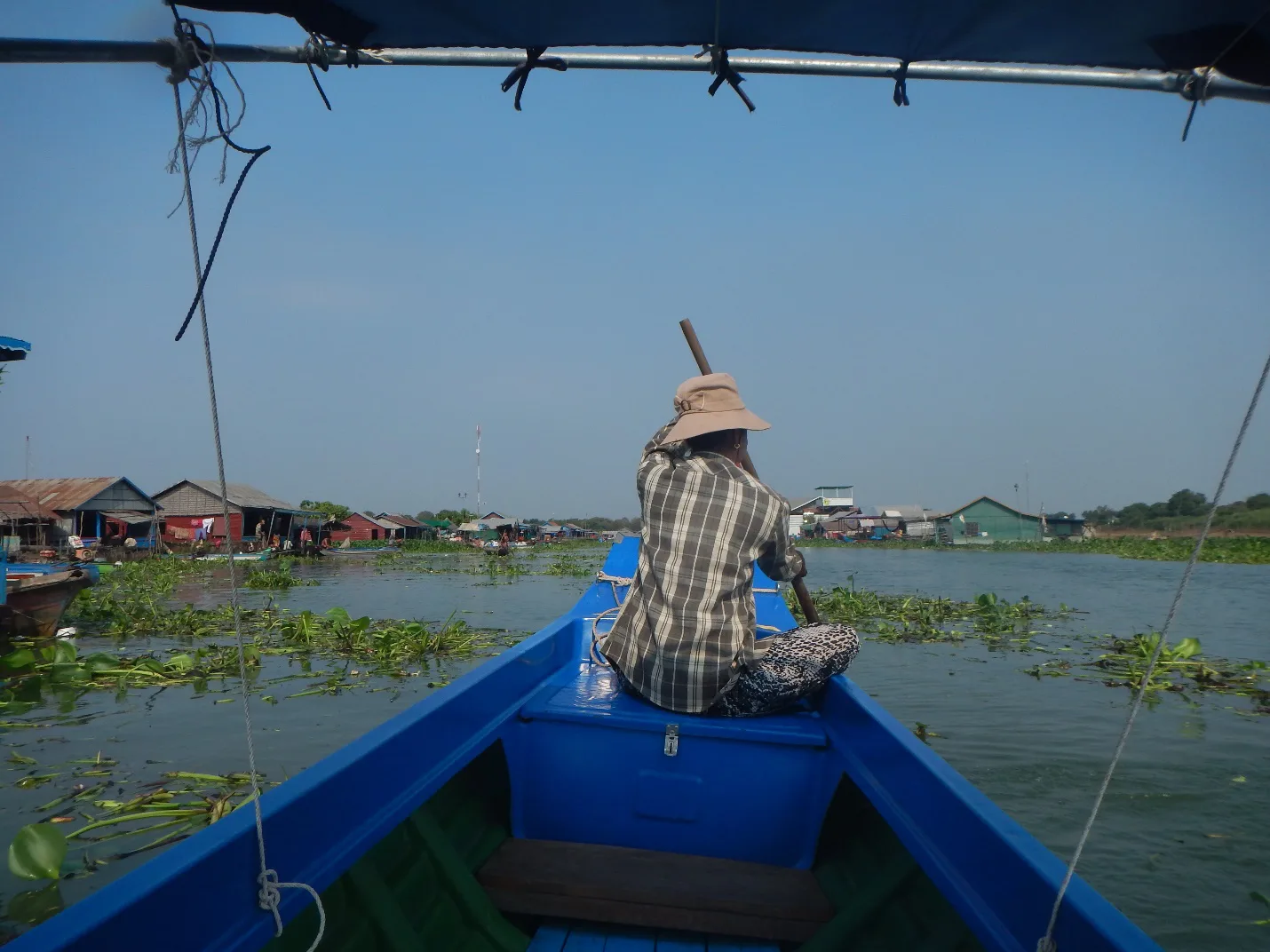
The process of researching in this way is thrilling; even when asking the questions starts to feel more routine, every new interview seems to unveil a new layer or surprising twist. I feel almost like an investigative journalist trying to fit together the different pieces of the puzzle and gain a more whole, complete picture of what is happening here in Prek Toal. Beyond satisfying such cravings of curiosity, this work is fulfilling to my whole person in an even deeper way. For maybe the first time in my life, I feel that the work I am doing is needed in the world. No one else is here to ask these questions; if I don’t do it, who else is going to find this knowledge that needs to be had? I know the same is true for all my peers’ research, as diverse as our projects are, from the morphology of fish to the economics of crocodile raising to the noise disturbance of boat motors to the governance of protected areas. Nothing up to this point has ever felt as purposive.
It’s not true to say I haven’t felt needed or that my role was important before. I know within my home communities, whether as a member of my family or as an active and involved member of my school community in San Diego, I know I’ve made a difference and mattered and belonged within those local communities, as I think we all strive to do and be. The only part that’s really changed is that local has gone global. What I’m doing—gathering information on how we can best educate, encourage, and empower people to protect the environment and combat the depletion, deterioration, and destruction of our common home—is actually a remarkably natural extension of what I’ve already been trying to do as a student fascinated by environmental ethics, a leader of trips to remarkable outdoor places, and an advocate for sustainability through change on the individual and institutional level. But now, I’ve connected the dots from Connecticut and California all the way to Cambodia. I’ve become embedded in a totally new context, a culture that blows me away yet also makes me feel welcomed and a country that now feels like another home. This, aligning with reading the section in Bill McKibben’s Oil and Honey (shout-out to Sam in Peru right now) when he describes 350.org’s “Connect the Dots” campaign, organizing one day of rallies illuminating the disastrous impacts of climate change in places all across the globe, and succeeding in “put[ting] a human face on global warming.” It is no longer possible to ignore climate change in the U.S., but in a developing country, I can finally see firsthand the people who are most vulnerable and least capable of adapting to the changes in the environment. The problem is quite literally ‘same same but different’—if I thought I’d left behind drought and forest fires in California (like last summer when our backpacking group was forced to evacuate the Sierras after the wind started blowing smoke in our direction from the forest fires), I was wrong. The people of Prek Toal, like most villages on the Tonle Sap, depend on fishing. Now, during this drier than normal dry season following a wet season that brought an abnormally low amount of rain, the Tonle Sap is at its lowest levels, and forest fires are burning the flooding forest, which the fish depend on for breeding when the water level rises with the flood pulse of the Tonle Sap in the wet season. For this reason, people not only struggle to catch enough fish to feed their families now, but they worry about whether the fish can come back next rainy season as they should.
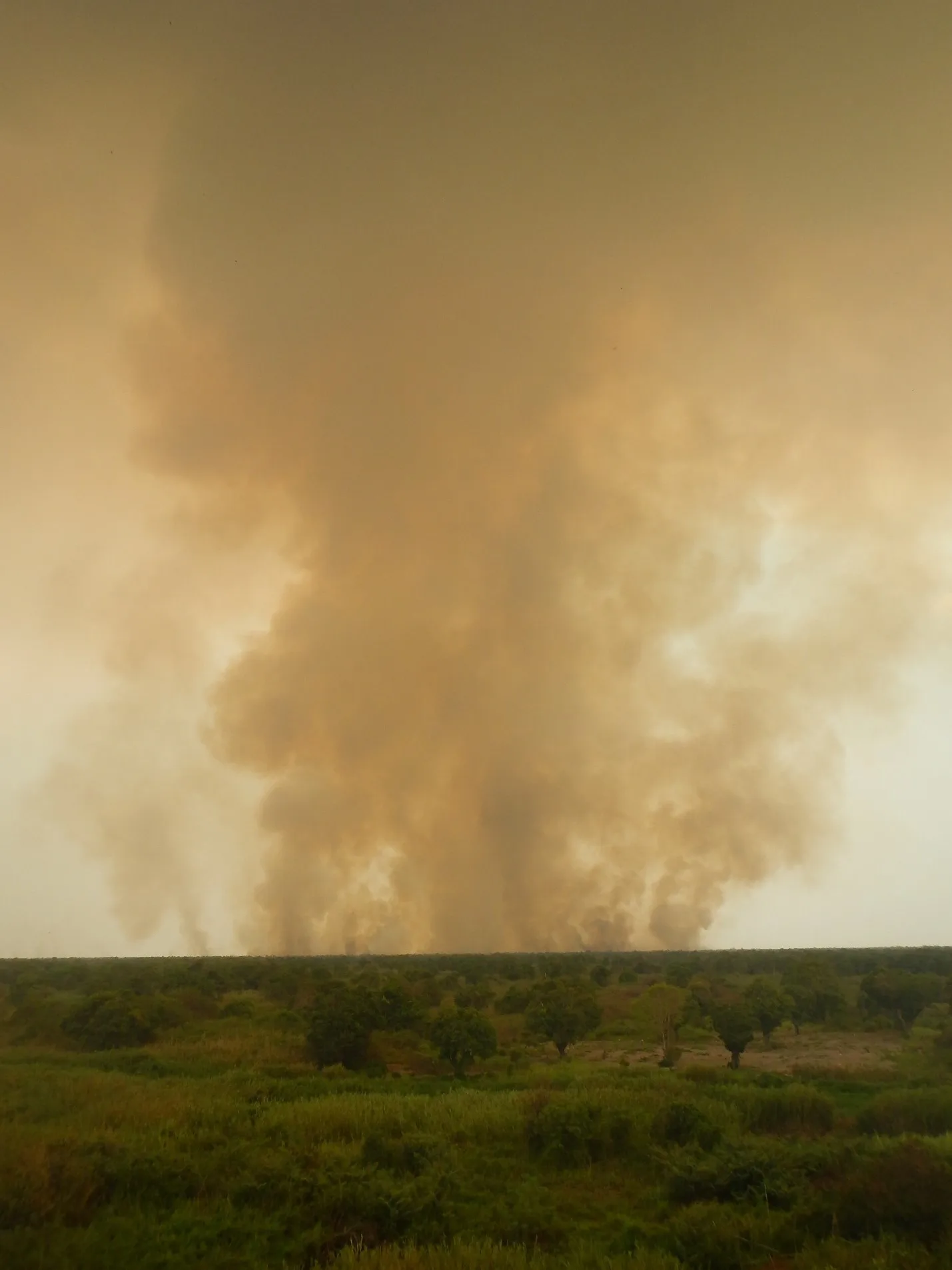
The strangest and most tragic and most heartbreaking and most beautiful part is that I worry now, too. After talking to so many families, every single one revealing to me their fears and concerns about the forest burning and the fish that can’t be found, (or at least that can’t be accessed where they can fish legally, outside of the conservation areas that surround the communities), my mind keeps running in circles back to the forest fires. I feel fear and worry tingle in my bones, though it is not my family who might not have enough food to eat. I am in awe that until I come by asking questions and breaking into the fabric of their lives to talk about such things, these families go on with lives, with warm laughter and cheer and languid rest in the April heat interspersed with the hard labor of their lives. I, meanwhile, an outsider, have let tears come flow in private moments when I can’t shake the thought of not being able to secure enough food for my family. On the surface, it doesn’t even make sense; these are not my struggles or my life or my reality—except that, in some beautiful and powerful way, they are. This is how I dare to hope that we will find a solution to our global environmental crisis, because we are all wrapped up together in our fate. There is no clear delineation between you and me if we just let our perception of those boundaries dissolve, if we realize that as a single thread in the cross-stitch of humanity (yes, I just threw in probably the loftiest cross-stitch metaphor anyone has ever made), we are part of a greater whole, and the suffering of one person anywhere in the world is my own suffering as well. This is the worldview that drives me to want to play some kind of role in reducing the negative environmental impacts we are collectively inflicting upon the Earth and upon each other as we waste away the resources that make our lives possible in the first place. The philosophy is not new, but the acute and raw experience is.
As I feel worry with the villagers of Prek Toal, I recognize that this is not me merely trying to be empathetic—this is empathy in action at the core of my being. I think everyone has this idea that they are supposed to grow and gain a new perspective on the world when they study abroad. But it was not until I identified this notion that my capacity for empathy has grown, somewhat analogous to how I imagine the Grinch must have felt when his heart suddenly grew two sizes greater, that I have felt a tangible change in myself for the better. I don’t want to sound like I’ve gone abroad and suddenly believe myself to be wise and worldly and capable of superior compassion—we all learn and grow and change every day of our lives, and I still have infinite room for growth in my ability to empathize, nor can I claim that I have come even remotely close in knowing how poor families feel just by spending six days in a village—but I do think it’s fair and important to recognize the ways that this unique experience has allowed me to grow and develop in ways that are significant and that I want to carry forward with me wherever the next journeys of my life may lead.
This is me connecting the dots—between testimonies of different stakeholders, between climate change and environmental issues across the globe, between myself and other people, between my past, present, and future self, between theory and reality, between knowledge and action, between fear and hope. Making connections is what I’ve been trained to and love to do, it’s my stake in defending my humanities major, and ultimately, I think, what makes us quite special as a species. I know there’s still many, many dots to string together, but I believe the picture is already beautiful.
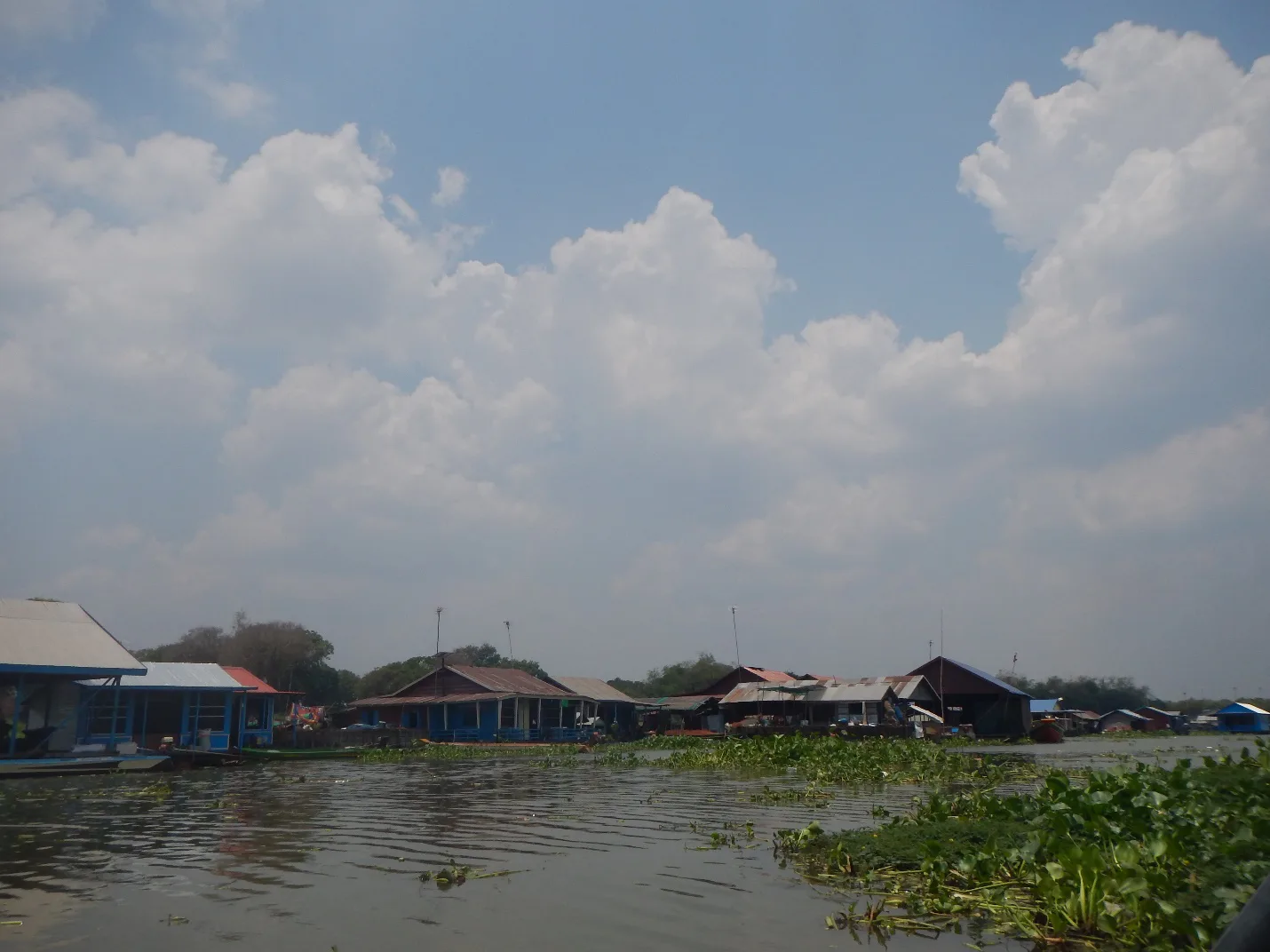
Related Posts

